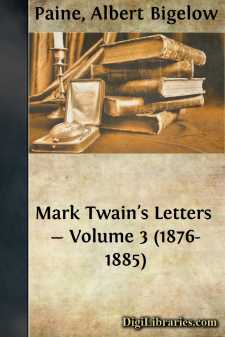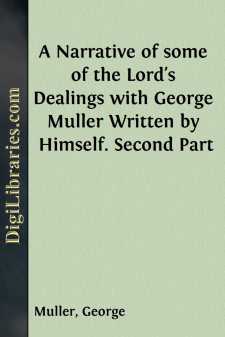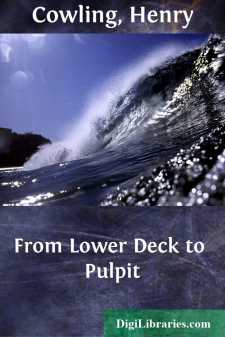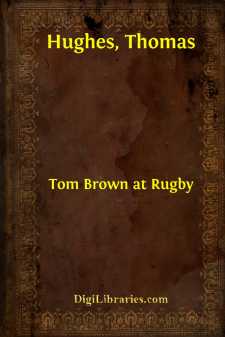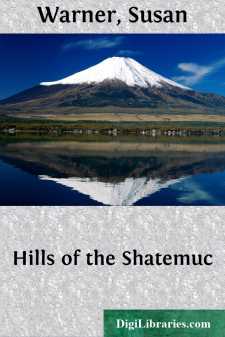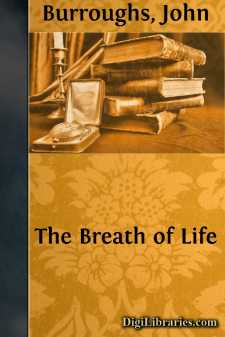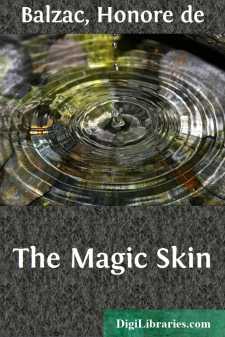Categories
- Antiques & Collectibles 13
- Architecture 36
- Art 48
- Bibles 22
- Biography & Autobiography 813
- Body, Mind & Spirit 142
- Business & Economics 28
- Children's Books 17
- Children's Fiction 14
- Computers 4
- Cooking 94
- Crafts & Hobbies 4
- Drama 346
- Education 46
- Family & Relationships 57
- Fiction 11829
- Games 19
- Gardening 17
- Health & Fitness 34
- History 1377
- House & Home 1
- Humor 147
- Juvenile Fiction 1873
- Juvenile Nonfiction 202
- Language Arts & Disciplines 88
- Law 16
- Literary Collections 686
- Literary Criticism 179
- Mathematics 13
- Medical 41
- Music 40
- Nature 179
- Non-Classifiable 1768
- Performing Arts 7
- Periodicals 1453
- Philosophy 64
- Photography 2
- Poetry 896
- Political Science 203
- Psychology 42
- Reference 154
- Religion 513
- Science 126
- Self-Help 84
- Social Science 81
- Sports & Recreation 34
- Study Aids 3
- Technology & Engineering 59
- Transportation 23
- Travel 463
- True Crime 29
Sort by:
The Monday Evening Club of Hartford was an association of most ofthe literary talent of that city, and it included a number of verydistinguished members. The writers, the editors, the lawyers, andthe ministers of the gospel who composed it were more often than notmen of national or international distinction. There was but onepaper at each meeting, and it was likely to be a paper that wouldlater find...
more...
by:
George Muller
THROUGH grace I am, in some measure, conscious of my many weaknesses and deficiencies; but, with all this, I know that I am a member of the body of Christ, and that, as such, I have a place of service in the body. The realization of this has laid upon me the responsibility of serving the church in the particular way for which the Lord has fitted me, and this has led me to write this second little...
more...
by:
Henry Cowling
EARLY DAYS. Kingsand, though but a village in size, has a history of its own. Situated about five miles from Plymouth, on the Cornish coast, and being a fishing port, the inhabitants are on intimate terms with the sea. In the summer months one may observe many an indication of this relationship or intimacy'. Youngsters run about the beach and the village barefooted, most of them wearing the...
more...
CHAPTER I How the Christmas Saint was Proved The whispering died away as they heard heavy steps and saw a line of light under the shut door. Then a last muffled caution from the larger boy on the cot. "Now, remember! There ain't any, but don't you let on there ain't—else he won't bring you a single thing! "Before the despairing soul on the trundle-bed could pierce the...
more...
by:
Thomas Hughes
THOMAS HUGHES. Thomas Hughes is a native of the royal county of Berkshire, England. From the nursery windows of the old farmhouse in Uffington, where he was born, in 1823, he delighted in looking out on that famous White Horse Hill which he describes in the opening chapters of "Tom Brown's School Days." His father was such an English squire as he represents Tom's father to be, and his...
more...
CHAPTER I.INTRODUCTORY. Village libraries—Difficulties of travel—Literary Societies in the Highlands—Gaelic books—Happiness and geniality of natives—Oban to Gairloch—Winter sailing—A crofting village—Horrors of the Minch—Notes on Lewis—Highland doctors—Hotels and anglers—Recent books—Military—Moray Firth—Among the miners—Handloom weaving—Professor Blackie and the...
more...
by:
Susan Warner
CHAPTER I. Low stirrings in the leaves, before the windWakes all the green strings of the forest lyre.LOWELL. The light of an early Spring morning, shining fair on upland and lowland, promised a good day for the farmer's work. And where a film of thin smoke stole up over the tree-tops, into the sunshine which had not yet got so low, there stood the farmer's house. It was a little brown house,...
more...
by:
John Burroughs
I I When for the third or fourth time during the spring or summer I take my hoe and go out and cut off the heads of the lusty burdocks that send out their broad leaves along the edge of my garden or lawn, I often ask myself, "What is this thing that is so hard to scotch here in the grass?" I decapitate it time after time and yet it forthwith gets itself another head. We call it burdock, but...
more...
CHAPTER I A BEGGAR ON HORSEBACK The 25th day of August, 1751, about two in the afternoon, I, David Balfour, came forth of the British Linen Company, a porter attending me with a bag of money, and some of the chief of these merchants bowing me from their doors. Two days before, and even so late as yestermorning, I was like a beggarman by the wayside, clad in rags, brought down to my last shillings, my...
more...
by:
Honore de Balzac
I. THE TALISMAN Towards the end of the month of October 1829 a young man entered the Palais-Royal just as the gaming-houses opened, agreeably to the law which protects a passion by its very nature easily excisable. He mounted the staircase of one of the gambling hells distinguished by the number 36, without too much deliberation. "Your hat, sir, if you please?" a thin, querulous voice called...
more...


